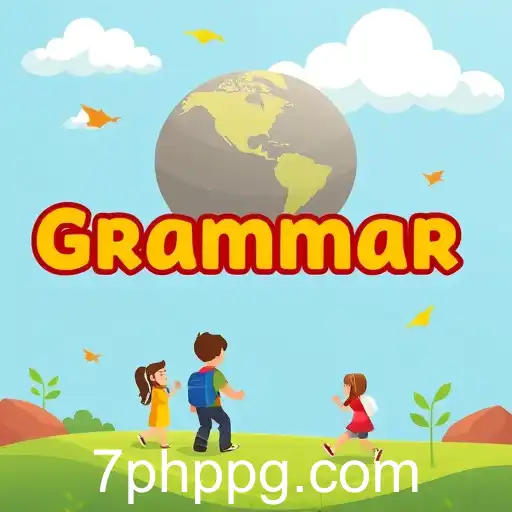phppg | Exploring the World of 'Grammar Games': Enhancing Language Skills through Play

In an increasingly digital world, the methods we use to learn and engage with language are evolving rapidly. The 'Grammar Games' category, identified by the keyword 'phppg' on a popular educational website, is at the forefront of this evolution, transforming grammar learning into an enjoyable and interactive experience.
These games are designed to cater to a variety of learning styles, ensuring that every player, whether a linguistic novice or a seasoned grammar aficionado, can benefit. By gamifying grammar, these online tools offer a unique blend of education and entertainment, making the acquisition of language rules less daunting and more engaging.
The mechanics of 'Grammar Games' typically involve puzzles, quizzes, and challenges that require the player to apply grammar rules in real-time, reinforcing learning through immediate feedback and correction. This interactive component is crucial, as it allows learners to experiment with different constructs and see the immediate impact of their choices, fostering a deeper understanding of grammar.
Moreover, these games often incorporate storytelling elements and creative scenarios, further enhancing the learning process. The narrative contexts provided help in memorizing and internalizing grammatical structures, as learners associate these with specific stories or characters. By encouraging active participation, 'Grammar Games' not only improve grammar skills but also boost cognitive development, problem-solving skills, and critical thinking.
In essence, 'Grammar Games' under the 'phppg' keyword represent a significant shift in language education, where technology and pedagogy intersect to create meaningful learning experiences. As more educators embrace these tools, they help demystify grammar, positioning it not just as a set of rigid rules but as a dynamic element of effective communication.
Ultimately, the goal of 'Grammar Games' is to convert grammar apprehension into grammatical appreciation, encouraging learners of all ages to explore and enjoy the power of language. As these games continue to evolve, they hold the potential to reshape how grammar is taught and appreciated around the world.



